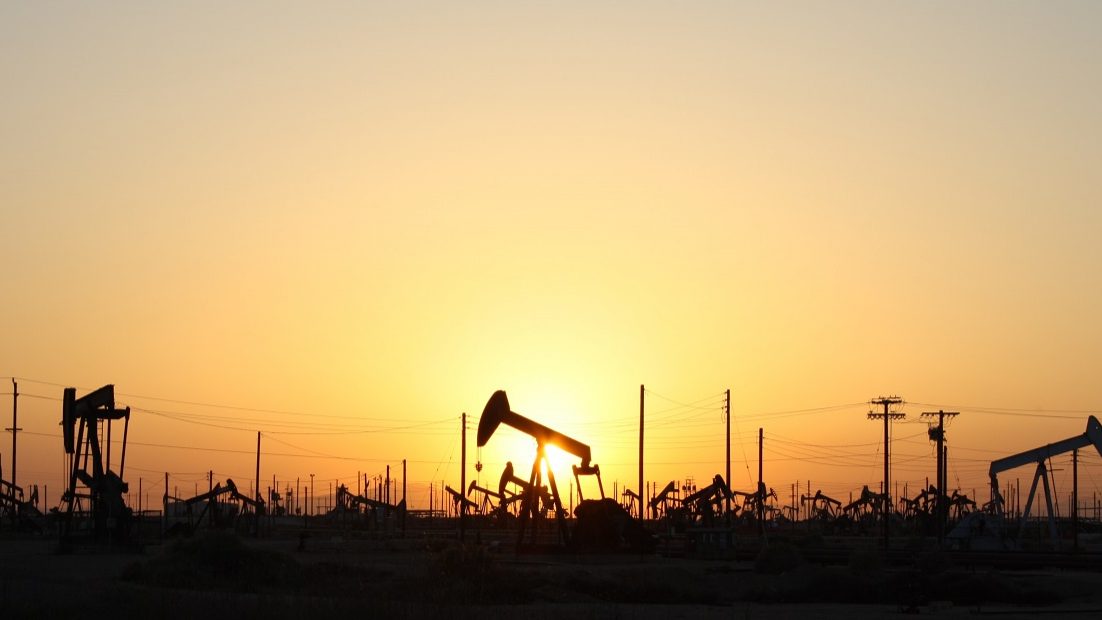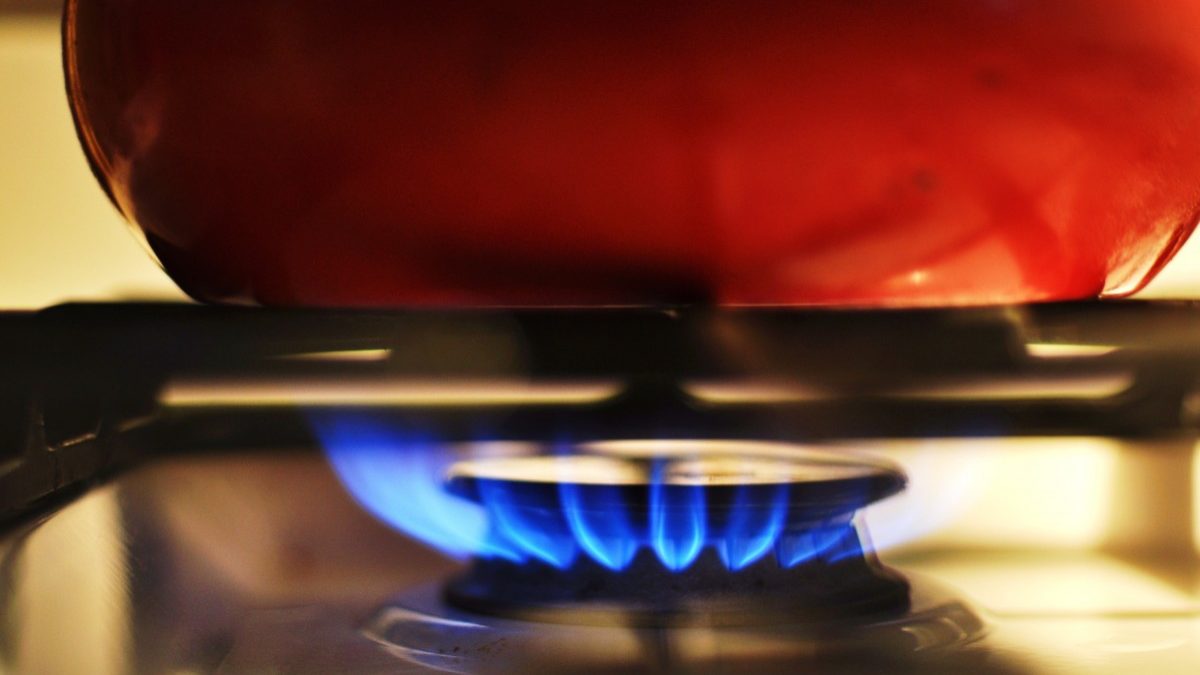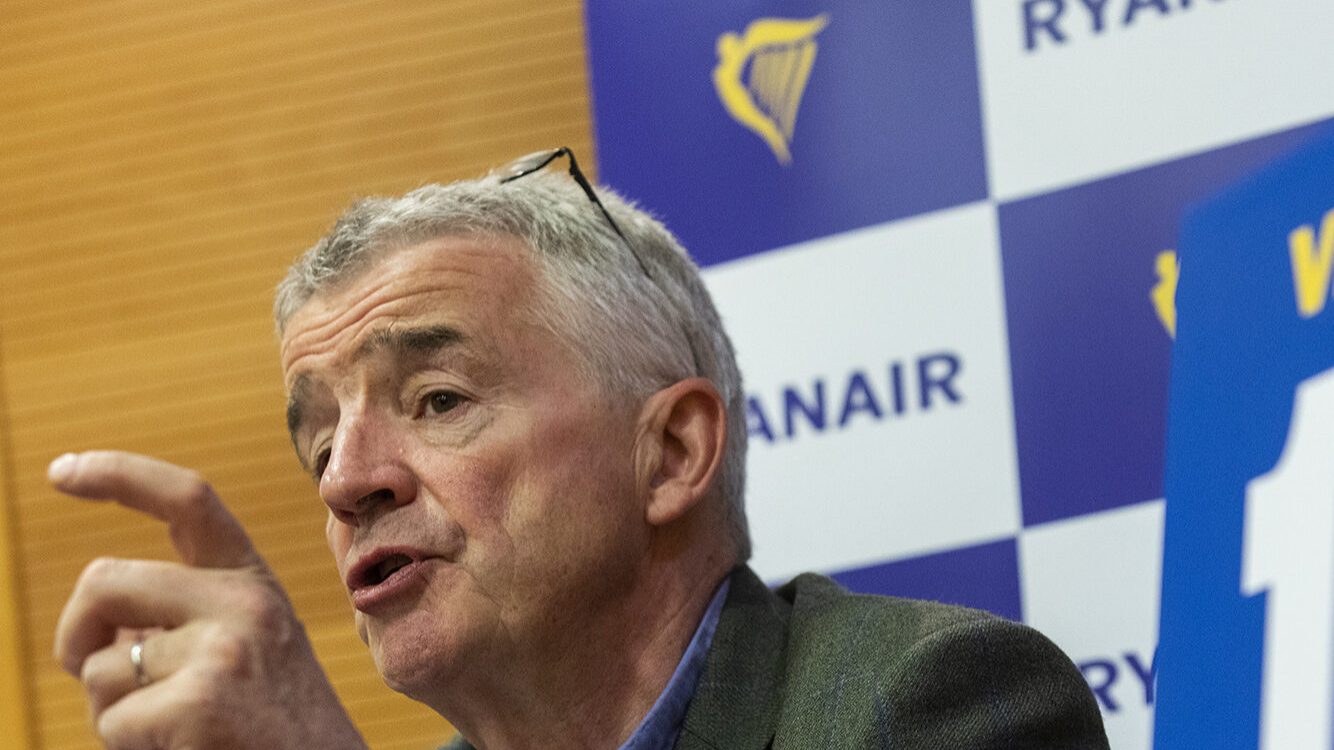EU reticent on gas price cap for electricity production
The EU is reticent about imposing caps on natural gas prices and about limits on the price of gas in electricity production.
The European Commission is still reticent about imposing caps on natural gas prices, due to the risks in the security of supply, particularly by Russia, and about limits on the price of gas in electricity production, due to the drawbacks.
The European Commissioner for Energy, Kadri Simson, who in a written interview on the current energy crisis concedes that “price interventions in a market that functions according to price signals clearly imply risks, especially for security of supply”, told Lusa news agency.
“This is why any intervention in the gas market requires a series of parallel measures, including a further reduction of gas demand and safeguards for the most affected [countries],” the EU official argues, when asked about initiatives such as caps on gas prices, notably in relation to that imported by the EU from Russia.
According to Kadri Simson, the European Commission is now “working hard to find a solution that works for all member states”, since the countries most dependent on imports of Russian gas are against this imposition of price caps.
On the table – as verified during the informal European summit earlier this month and last week between the ministers in charge in the Czech city of Prague – is also the creation of ceilings on the price of gas used for electricity production, given the contagion effect by the marginalist European market configuration.
On the day she unveils new measures for the EU to tackle high energy prices and possible gas supply disruptions, Kadri Simson tells Lusa that “this model is a way to bring down electricity prices quickly, but there are drawbacks”.
“Discussing this topic with energy ministers in Prague, there were still a number of open questions about its impact on gas demand, about flows of subsidised electricity to neighbouring non-EU countries and unequal benefits for countries with different energy mixes,” so “we have to work on these issues and get broad support from member states, as we would have to implement this model across the EU in the same way in order to be effective,” she lists in this interview granted in writing precisely because of her various travels in the framework of the current energy crisis.
Today, the European Commission will propose the creation of legal instruments for joint gas purchases by the EU, but which should only move forward in the spring of 2023, as well as a temporary mechanism to limit prices on the main European natural gas exchange and solidarity rules in the EU to make gas available to all member states in case of emergency, according to the draft proposals to which Lusa had access.
In the interview with Lusa, Kadri Simson confirms that Brussels will go ahead with joint purchases, which in her view will be “particularly crucial for restocking storage after this winter”, as well as a “temporary mechanism to limit prices and help consumers” and “continue efforts to reduce demand and ensure solidarity, particularly in an emergency situation”.
In the communication to which Lusa had access and that will be presented today, Brussels also argues that the extension to the whole EU of the existing temporary mechanism to limit the price of gas in electricity production “carries some risks”, preferring another “solution for all”, which passes through the reform of the electricity market.
To Lusa, Kadri Simson said that “the Iberian measure works for a specific market, the specific infrastructure and the supply situation of the Peninsula,” so the EU executive is developing a “reform to improve the long-term design of the electricity market,” which will be presented later this year to move forward in 2023 aimed at “bringing consumers the benefits of renewable energy and low-carbon technologies at affordable prices, while preserving the benefits of a common, market-based electricity system.”
Geopolitical tensions due to the war in Ukraine have affected the European energy market as the EU depends on Russian fossil fuels, such as gas, and fears supply cuts this winter.


